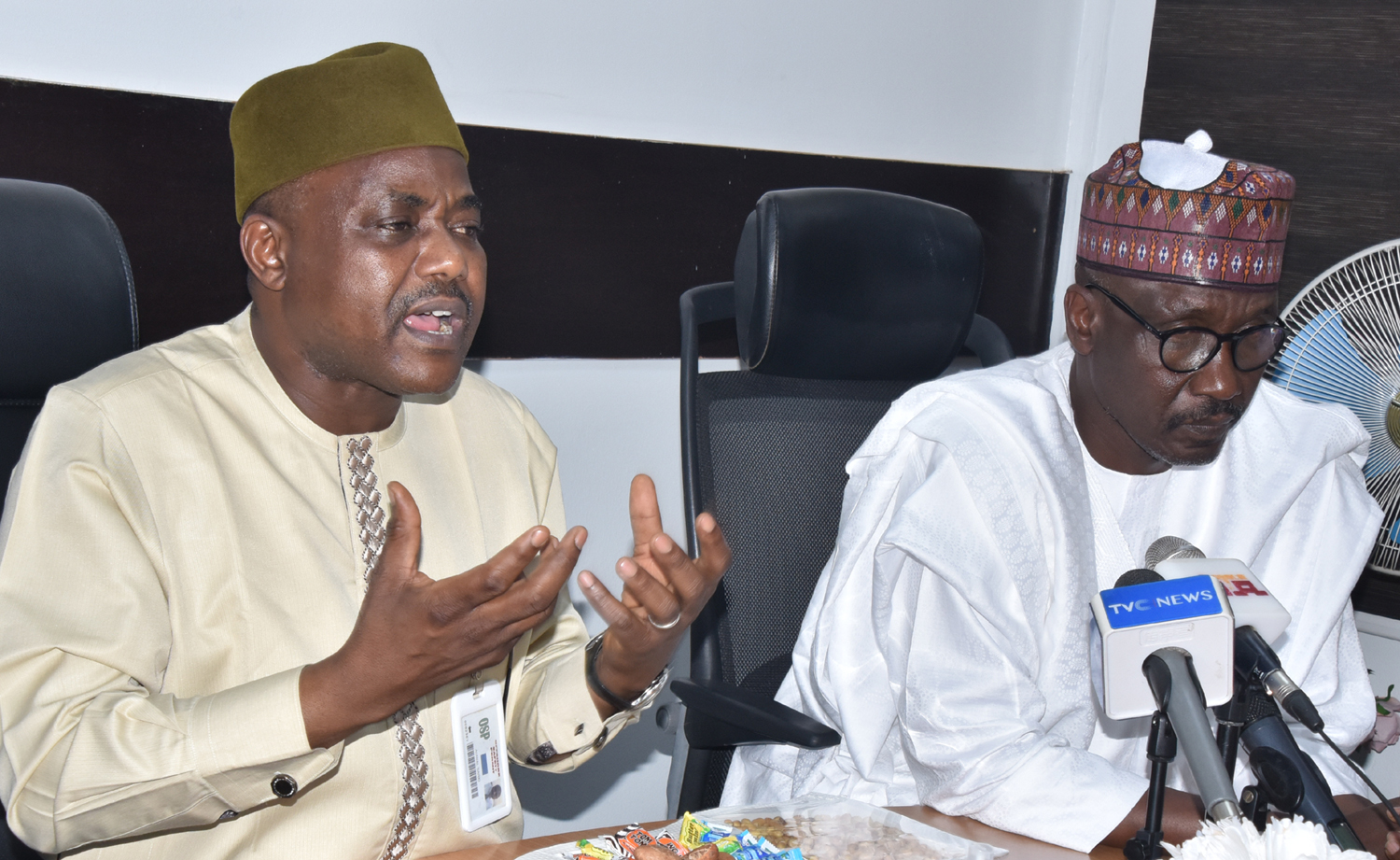Business
NNPC To Begin Sale Of Shares In 2024 – Kyari

The Group Managing Director of the Nigerian National Petroleum Corporation (NNPC), Mele Kyari, has said that the earliest the corporation can issue its Initial Public Offer to investors is in the next three years.
The NNPC boss disclosed this on Monday during an interview on Bloomberg TV Global Financial News.
The announcement is one of the outcomes of the Petroleum Industry Act recently signed on the state-owned corporation in the global market.
Speaking on the impact of the PIA on the NNPC, Kyari said the corporation would now be operated in line with the Companies and Allied Act.
However, he stated that the NNPC may not be able to offer its shares to the public by 2022 or 2023 due to certain bottlenecks that had lingered over the years.
Kyari said, “We will be in the position to consider any IPO in three years’ time; that is the provision of the law.
“But when you want to get ready for IPO, you need to do things different. You need to get your books correct; you need to recapitalise; you need to shape your portfolio and many more things that you have to do until you get IPO ready.
“Surely, it is not what we will do in 2022 or 2023; probably the earliest consideration will be in three years’ time”.
It was reported last week that the corporation declared a profit of N287bn in 2020, the first time the oil giant declared in 44 years.
Kyari had stated the profit fell far below the NNPC’s potential.
On the development, the GMD said, “Obviously this company is changing very fast and on the fast lane. We just declared profit for the fiscal year 2020.
“We are not getting ready for the IPO tomorrow; that is not exactly, that is not the situation. IPO really means this company is going to be profitable, it has a long trajectory, it has a short-term view of how things can be done better to align with the best practice in the industry.
“We are trying to see how we can relax the existing framework for energy transition that is ongoing all over the world.
“Every country is adjusting its portfolio by doing things differently in a better way and obviously in the long run, this is going to be a very great company and great companies always go for IPO.
“So, this is not something that we are going to do tomorrow. Obviously not. Our new law has made the provision that we can sell shares of this company, but in today’s context, I really say this company is doing great and getting an IPO means that it is going to be better than what it is today”.
Speaking on why the NNPC is taking stake in the 650,000 barrels per day of crude oil Dangote Refinery owned by Africa’s richest business man, he said the major consideration was energy security.
Business
PENGASSAN Tasks Multinationals On Workers’ Salary Increase

Business
SEC Unveils Digital Regulatory Hub To Boost Oversight Across Financial Markets

Business
NAFDAC Decries Circulation Of Prohibited Food Items In markets …….Orders Vendors’ Immediate Cessation Of Dealings With Products

Importers, market traders, and supermarket operators have therefore, been directed to immediately cease all dealings in these items and to notify their supply chain partners to halt transactions involving prohibited products.
The agency emphasized that failure to comply will attract strict enforcement measures, including seizure and destruction of goods, suspension or revocation of operational licences, and prosecution under relevant laws.
The statement said “The National Agency for Food and Drug Administration and Control (NAFDAC) has raised an alarm over the growing incidence of smuggling, sale, and distribution of regulated food products such as pasta, noodles, sugar, and tomato paste currently found in markets across the country.
“These products are expressly listed on the Federal Government’s Customs Prohibition List and are not permitted for importation”.
NAFDAC also called on other government bodies, including the Nigeria Customs Service, Nigeria Immigration Service(NIS) Standards Organisation of Nigeria (SON), Nigerian Ports Authority (NPA), Nigerian Maritime Administration and Safety Agency (NIMASA), Nigeria Shippers Council, and the Nigeria Agricultural Quarantine Service (NAQS), to collaborate in enforcing the ban on these unsafe products.
-

 Politics4 days ago
Politics4 days agoSenate Receives Tinubu’s 2026-2028 MTEF/FSP For Approval
-

 Sports4 days ago
Sports4 days agoNew W.White Cup: GSS Elekahia Emerged Champions
-
Sports4 days ago
Players Battle For Honours At PH International Polo Tourney
-

 Sports4 days ago
Sports4 days agoAllStars Club Renovates Tennis Court… Appeal to Stop Misuse
-
Sports4 days ago
NFF To Discuss Unpaid Salaries Surrounding S’Eagles Coach
-

 News4 days ago
News4 days agoRSG Lists Key Areas of 2026 Budget
-
Sports4 days ago
2025 AFCON: Things to know about Nigeria’s opponents In Group C
-

 News4 days ago
News4 days agoDangote Unveils N100bn Education Fund For Nigerian Students





